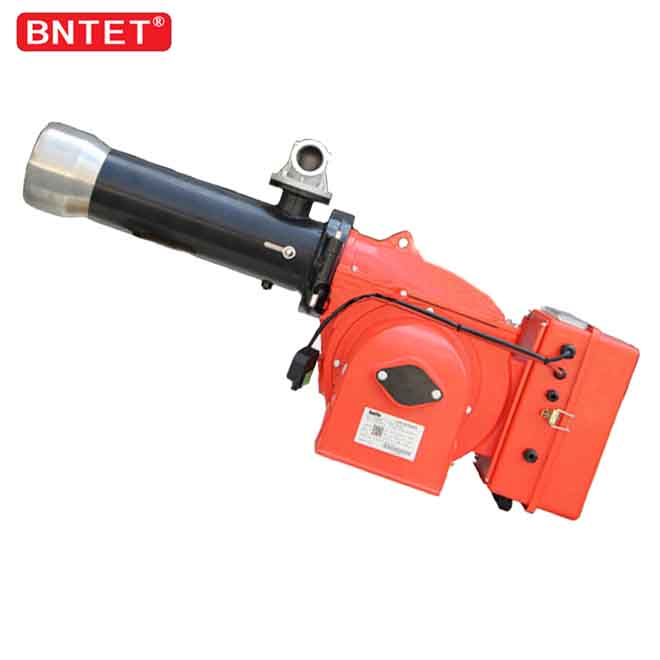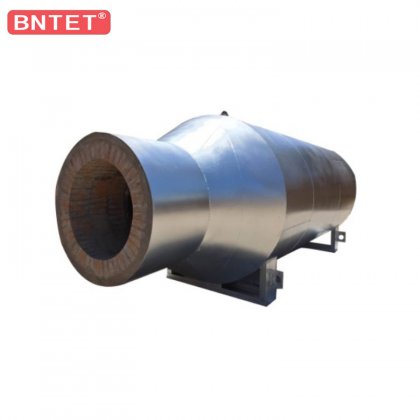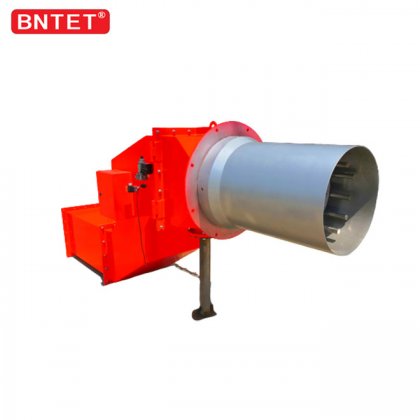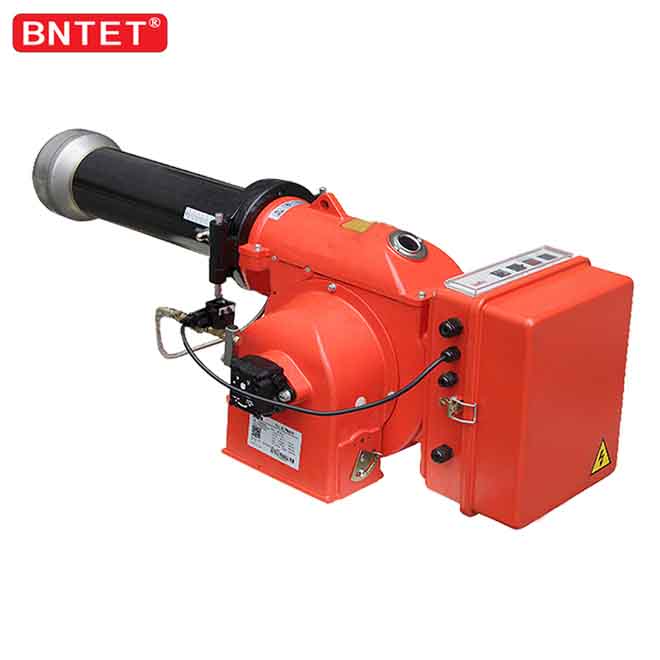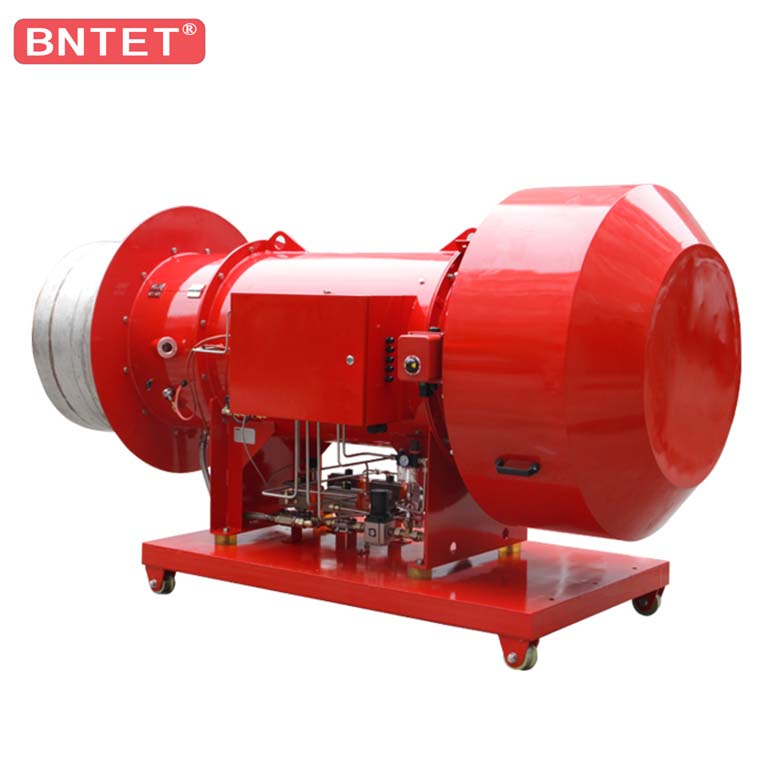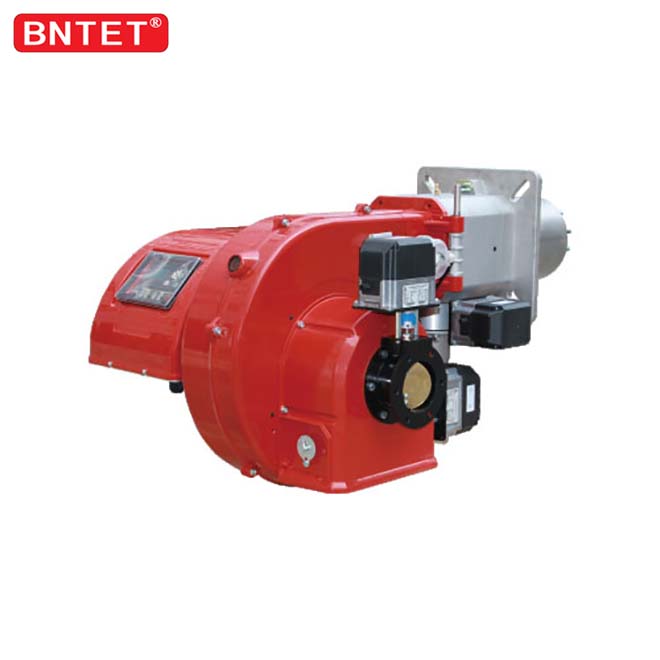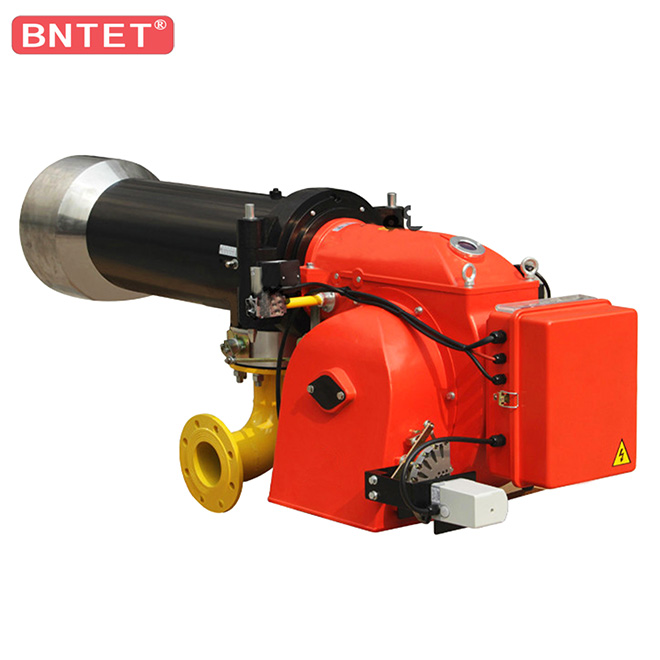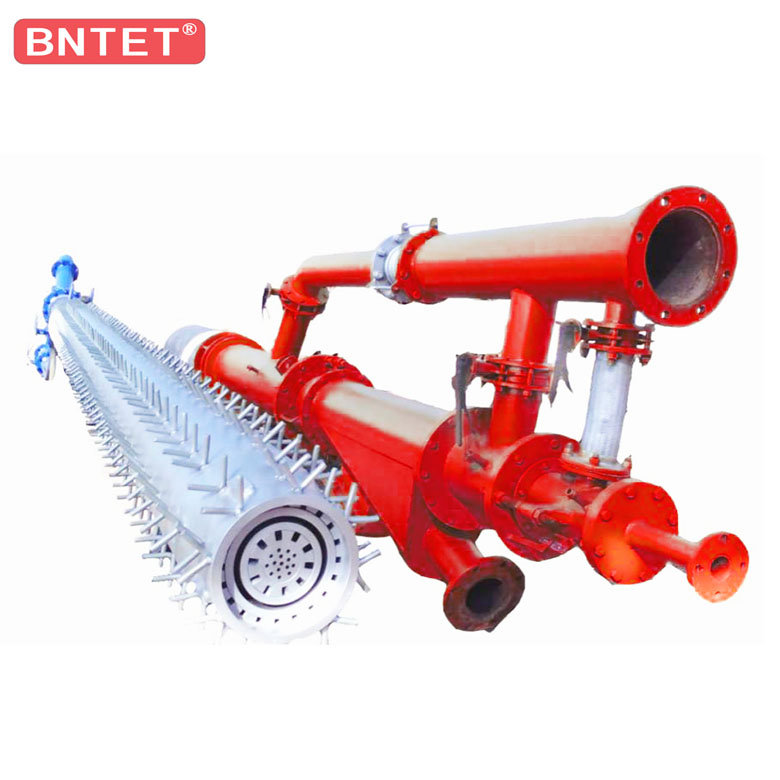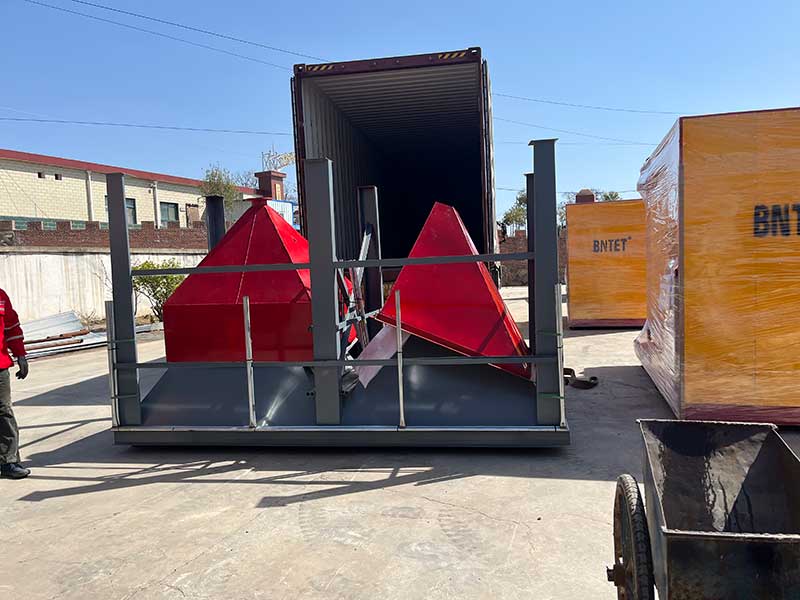
When choosing a dust collector suitable for a biomass burner, you need to consider multiple factors to ensure dust removal effect,
equipment safety and economy. Here are some key considerations:
1. Dust removal efficiency
Filtration efficiency: Choose a dust collector with high filtration efficiency,
which can effectively remove fine smoke and particulate matter,
usually requiring a removal rate of more than 99%.
Particle characteristics: Understand the characteristics of particulate matter generated during biomass combustion
(such as particle size, chemical composition),and select suitable filter materials.
2. Adaptability and durability
Temperature resistance: The flue gas temperature generated by biomass combustion is relatively high,
so choose a dust collector that is resistant to high temperatures (such as bag filters or ceramic filter elements).
Corrosion resistance: Consider the corrosive components that may be contained in the flue gas,
and choose a dust collector made of corrosion-resistant materials.
3. Cleaning method
Automatic cleaning: Choose a dust collector with automatic cleaning function to reduce maintenance frequency
and improve operating efficiency.
Cleaning effect: Ensure that the cleaning method is effective, can prevent dust accumulation,
and maintain good filtration effect.
4. System design
Airflow design: Reasonable airflow design can reduce pressure drop and improve system efficiency.
Installation space: Consider the size and installation space of the dust collector to ensure coordination with the biomass burner.
5. Economy
Initial investment: Evaluate the purchase cost of the dust collector and select equipment with high cost performance.
Operation cost: Consider the cost of maintenance, energy consumption and replacement of filter media,
and select a dust collector that is economical for long-term operation.
6. Environmental regulations
Compliance: Ensure that the selected dust collector complies with local environmental regulations
and emission standards to avoid subsequent legal risks.
Emission monitoring: Select a dust collector with emission monitoring function to monitor emissions in real time to ensure compliance.
7. Manufacturer and service
Manufacturer reputation: Select a dust collector produced by a well-known manufacturer
to ensure equipment quality and after-sales service.
Technical support: Ensure that the manufacturer can provide technical support and maintenance services to solve problems in operation in a timely manner.
Summary
Selecting a dust collector suitable for a biomass burner requires comprehensive consideration of factors such as dust removal efficiency,
durability, cleaning method, system design, economy, environmental regulations and manufacturer reputation.
By comprehensively evaluating these factors,
we can ensure that efficient and reliable dust removal equipment is selected to improve the environmental protection
and economic efficiency of biomass combustion.
